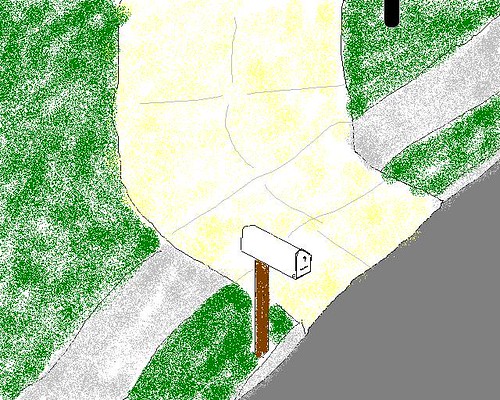The power of the subpoena is an enormous part of a lawyer's ability to pull together facts, document and witnesses. The subpoena is equally available to unrepresented parties, but in the hands of a lawyer steeped in knowledge of the rules and national compacts for compelling testimony across state lines the subpoena is a formidable weapon.
As Wilford Brimley's character from "Absence of Malice," an assistant united states attorney, said:
Tell you what we're gonna do. We're gonna sit right here and talk about. Now if you get tired of talking here, Mr. Marshal Elving Patrick there will hand you one of them there subpoenas he's got stuck down in his pocket and we'll go downstairs and talk in front of the grand jury...
On
February 2, 2015 Maryland's highest court disbarred a lawyer who was found to have repeatedly abused his position as an officer of the court by improperly serving subpoenas and deposition notices across state lines, among other things, and filing frivolous motions in courts accusing his targets of not complying with those subpoenas.
In summary, the Court found that over a period of several years, in dozens of separate cases, this lawyer had ignored well known rules about issuing subpoenas to witnesses. The Court also found that he often filed motions in court to compel actions by witnesses, and for sanctions upon their failures to act, that were not factually true.
He was a steamroller and a bully. He took shortcuts, and he absolutely did not respect the rights of the witnesses.
As a witness in my case, for trial or deposition, you deserve my respect. Because without you, the witness, I cannot do my job. Without the witness to testify about "who, what, when, where and how," I have little or nothing to present to the court or the jury.
You, the witness, are the foundation of our adversarial system. An
English commentator describes the role of the witness this way:
Witness is an important constituent of the administration of justice. By giving evidence linking to the charge of the offence the witness performs a sacred duty of assisting the court to discover the truth. This is the reason why before giving evidence he/she either takes an oath in the name of God or makes a solemn affirmation that he/she will speak the truth, the whole truth and nothing but the truth. The witness has no risk in the decision of the criminal court as he is neither the accused nor the victim. The witness performs an important public duty of assisting the court in deciding on the guilt or otherwise of the accused in the case. He sacrifices his time and takes the trouble to travel all the way to the court to give evidence. The witness performs an important public duty of assisting the court in deciding on the guilt or otherwise of the accused in the case. He sacrifices his time and takes the trouble to travel all the way to the court to give evidence. The witness should therefore be treated with great respect and consideration as a guest of honour. Unfortunately, all these are seen not to be happening in the courts.
There are local rules that dictate how witnesses must be noticed and scheduled when they live in Maryland. For example, a witness living in Garrett County cannot be compelled to travel to Kent County on the Eastern Shore to give testimony- it's just not fair to the witness, for many reasons. It is a very common question asked of our lawyers, and we are always surprised that so many other lawyers just get it wrong. And when they do get it wrong, it is the witness-the very person providing the evidence essential to our job- who suffers the inconvenience and cost.
And if the witness is requested to bring documents to deposition, he or she must be given at least thirty (30) days to respond. Again, its only fair to treat witnesses as well as a party to the case.
But, “the subpoena powers of the State of Maryland stop at the state line.” A Maryland lawyer cannot expect to mail a subpoena from Maryland to a witness in another state and expect obedience to that subpoena. But it happens often.
There is an I
nterstate Deposition and Discovery Act adopted in most States. Maryland has adopted its version of the Act, which describes how the subpoena of one state can be enforced in another state. It requires work, but when lawyers are reaching out to non-parties to draft them into the case, shouldn't it require a bit of work to assure it's done properly and with as little inconvenience to the witness as possible?
That's a rhetorical question-- please don't answer--the only proper response is "yes."
Did you receive a summons or subpoena? You have rights. Mostly you have the right to be treated fairly. And you can file a motion in court to make sure the lawyer who issued you that summons or subpoena will treat you fairly.
We, the people, need you, the witness.

